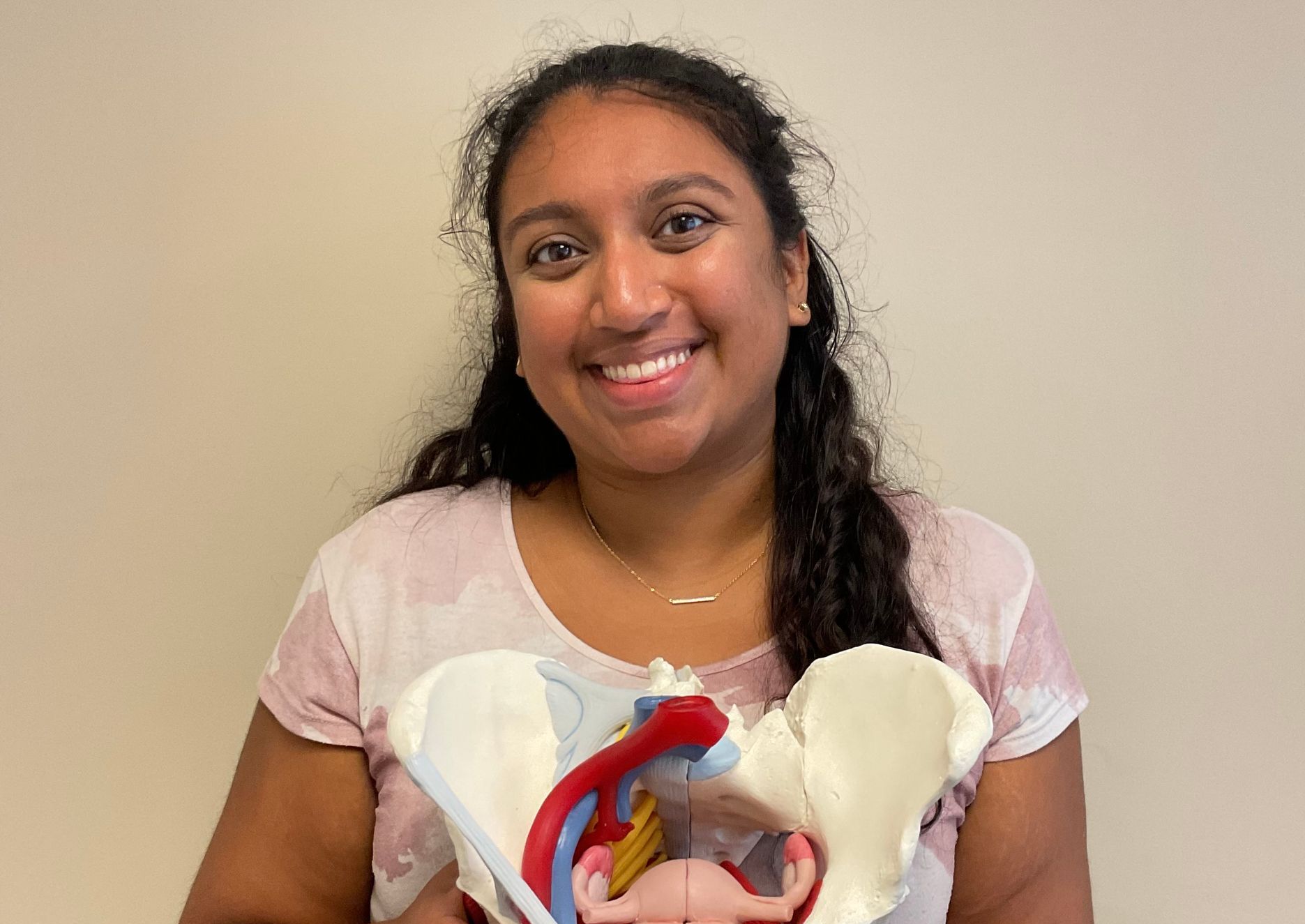Understanding Constipation: Tips for Relief and When to Seek Help

Constipation is a common digestive issue that affects millions of people worldwide. Characterized by infrequent bowel movements or difficulty passing stools, constipation can lead to discomfort, bloating, and a feeling of fullness. While occasional constipation can be normal, chronic issues may require lifestyle changes or professional intervention. Here are five effective tips to help manage constipation, as well as guidance on when to see a pelvic floor physical therapist.
1. Increase Fiber Intake
One of the most effective ways to alleviate constipation is to increase your dietary fiber. Fiber adds bulk to your stool and helps it move through the intestines more easily. Aim for at least 25 grams of fiber per day, which can be achieved by incorporating more fruits, vegetables, whole grains, and legumes into your diet. Some excellent sources of fiber include:
- Apples
- Pears
- Oats
- Lentils
- Chia seeds
Start gradually to prevent gas and bloating, and always drink plenty of water to help fiber do its job effectively.
2. Stay Hydrated
Dehydration can lead to hard stools and difficulty in passing them. It’s essential to drink enough fluids—ideally, around eight 8-ounce glasses of water daily. Herbal teas and clear broths can also contribute to your fluid intake. Monitoring your urine color can help; pale yellow usually indicates adequate hydration, while dark yellow suggests you might need to drink more.
3. Regular Physical Activity
Physical activity stimulates the digestive system and can help alleviate constipation. Aim for at least 30 minutes of moderate exercise most days of the week. Activities like walking, cycling, and yoga can encourage bowel movements by promoting blood flow to the intestines. Even simple movements, like stretching or engaging in household chores, can contribute to better digestive health.
4. Establish a Routine
Creating a regular bathroom routine can help your body learn when it’s time to go. Try to set aside a few minutes each day, especially after meals, to sit on the toilet. Responding to your body’s natural urges promptly, rather than ignoring them, can also train your system to maintain regular bowel movements.
5. Consider Probiotics
Probiotics are beneficial bacteria that can help maintain gut health and promote regularity. Foods like yogurt, kefir, sauerkraut, and other fermented foods are great sources of probiotics. If you find that dietary changes aren’t enough, you might consider a probiotic supplement. However, it's wise to consult a healthcare provider before starting any new supplement.
When to See a Pelvic Floor Physical Therapist
If you’ve tried these tips and still struggle with constipation, it might be time to consult a pelvic floor physical therapist. These specialists can help address issues related to the pelvic floor muscles, which play a crucial role in bowel function. Signs that you may benefit from this type of therapy include:
- Chronic constipation that doesn’t improve with lifestyle changes
- Pain during bowel movements
- A feeling of incomplete evacuation
- Issues with incontinence or pelvic pain
A pelvic floor physical therapist can provide tailored exercises, techniques, and strategies to help you regain control over your bowel function and improve overall pelvic health.
Constipation can be uncomfortable and frustrating, but there are many strategies you can implement to manage it effectively. By increasing fiber intake, staying hydrated, exercising regularly, establishing a routine, and considering probiotics, you can take significant steps toward relief. If symptoms persist, don’t hesitate to seek help from a pelvic floor physical therapist who can guide you on your path to better digestive health. Remember, addressing constipation early can lead to a more comfortable and healthy life.



